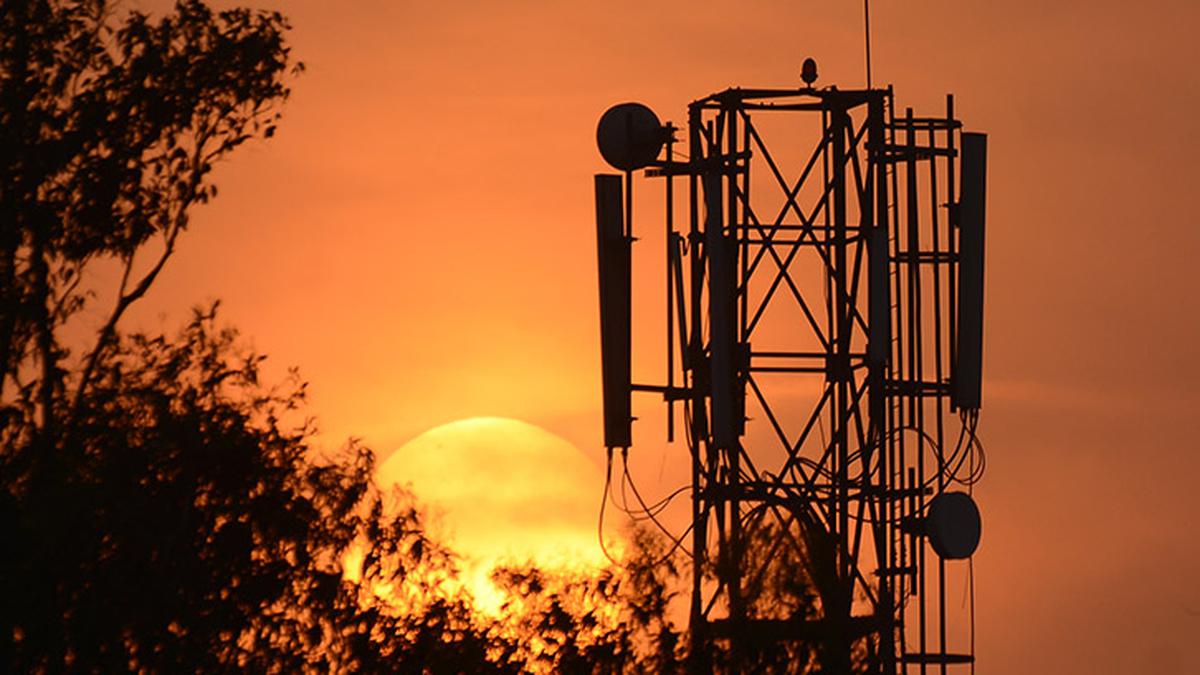Aircraft communications firms, AAI argue against auction for spectrum

The telecom industry has pushed for a very high frequency (VHF) spectrum to be allotted only on the basis of auctions. File
| Photo Credit: The Hindu
The aircraft communications industry argued on March 10 that requiring auctions for the wireless spectrum used for communicating between planes and airports would be burdensome, and that this is not how such spectrum is licensed around the world. The telecom industry, on the other hand, pushed for a very high frequency (VHF) spectrum to be allotted only on the basis of auctions.
On Friday, representatives from the two industries argued their views in an open house discussion held by the Telecom Regulatory Authority of India (TRAI).
The discussion followed written submissions that were filed by these firms earlier this year.
The Department of Telecommunications (DoT) referred the issue to TRAI in April 2022. Ten countries reviewed by the telecom regulator, including the United States, Singapore, New Zealand, Qatar, and Sri Lanka, don’t have an auction system for awarding VHF licenses for communications between aircraft and airports.
Also read | Progress without limits: On clearing of decks for the first auction of radio spectrum
The Airports Authority of India (AAI) runs such data communications systems using VHF in six airports, and other airports are served by the air communications firms like Geneva-headquartered SITA and U.S.-based Collins Aerospace. Both AAI and these firms argued against auctions, as this is a rare practice, and because VHF radio signals can only go as far as the eye can see, and are difficult to use for anything other than basic location and status signalling.
SC judgment
While the firms and AAI are operating these services without interruption currently, the DoT expressed concerns over the Supreme Court’s 2012 judgment in the 2G spectrum case, and the implications it could have for the practice of allotting VHF spectrum administratively. All radio spectrum should be assigned through auctions, the court had held that year.
VHF spectrum allotments should be a “simple administrative thing, so that there is not any cost escalation ultimately coming on to airlines,” Prashant Sanglikar, Assistant Director of Safety and Flight Operations at the International Air Transport Association (IATA), warned during the discussion, an indication that auctioning VHF spectrum may also end up raising airfares.
ALSO READ | Explained | How will the 5G spectrum sale impact the sector?
“This [VHF communications] is not really a telecom service,” Rajesh Ballal, head of regulatory affairs, Asia Pacific, at SITA, said. “It’s actually more like an aeronautic service. That is why it is more governed by the civil aviation authority rather than the DoT. […] The services are purely limited to the air transport industry.”
Telcos support auctions
“All communications services being offered by non-government organisations should be offered within the purview of Section 4 of the Indian Telegraph Act and these should be offered only under suitable authorisation of Unified License,” Reliance Jio’s head of TRAI coordination Rakesh Gujral said. “We do not support any administrative assignment of the spectrum,” Mr. Gujral added, “except for public utility activities undertaken by the government.”
“This service is being offered by a commercial entity to another commercial entity,” Ajay Mehta, vice president of TRAI policy and operations at Vodafone Idea Limited, argued. “The concerns which DoT had in their minds about this being a commercial service are very valid, and hence it [VHF] has to be [brought] under a licensing framework.”
For all the latest business News Click Here

